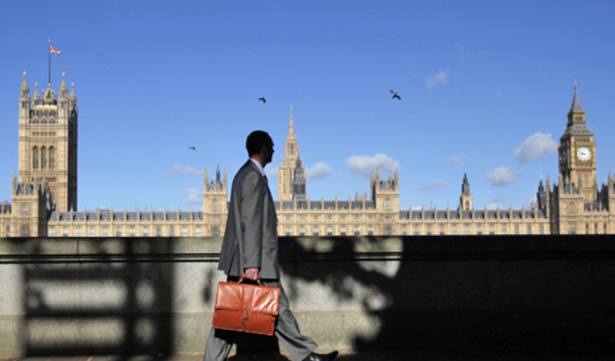Set up in 2001 under the Financial Services Markets Act, the FSCS is the UK’s investor compensation scheme for individuals who are customers of authorised financial firms. The FSCS steps in to pay compensation if the company an individual has been dealing with has failed and the company cannot pay the claims against it.
Ms Groves says: “Unlike a cash Isa, there is no guarantee that you will get your capital back, nor your interest for that matter if the borrower can’t pay. Also, the government’s Financial Services Compensation Scheme will not step in to bail you out if any of the loans or bonds go bad.”
Ms Owen confirms: "Funds held within an Ifisa are not protected by the FSCS because they’re backed by individual lenders, not large institutions, meaning that your capital is at risk."
Darius McDermott, managing director of Chelsea Financial Services, suggests crowdfunding has been "an interesting and innovative new area to emerge".
He adds: "But a reason for this is that cash is yielding close to zero. If cash Isas were at 5 per cent again there would be no reason to even consider them.”
Popularity in question
Will cash Isas lag behind other Isas?
Mr Fearnhead says: “While approximately £40bn was invested in cash Isas in 2017 to 2018, according to HMRC, their popularity is gradually diminishing.
"We saw the overall Isa market grow last year, but that was mainly driven by an increased investment in stocks and shares Isa – and those investors themselves have been stung by recent FTSE performance."
Mr McDermott thinks Brexit may, in fact, give cash Isas a slight boost in demand.
“I think [cash Isas] will remain where they have been for some time in terms of interest rates. However, due to uncertainties surrounding the UK economy at the moment, they will probably be popular still as investors are worried about Brexit and the stock market,” he says.
The FTSE 100 fell by more than 12 per cent in 2018, in part due to geopolitical risk.
Ms Owen adds: “The market is seeing interest rates being nudged north this year due to increased competition - Goldman Sachs’ Marcus savings account, offering rates of 1.5 per cent, being a key influencer.
"This means that individuals could be set to see slightly more reward for their loyalty, although the idea of returns outpacing inflation seems unlikely.”
saloni.sardana@ft.com






